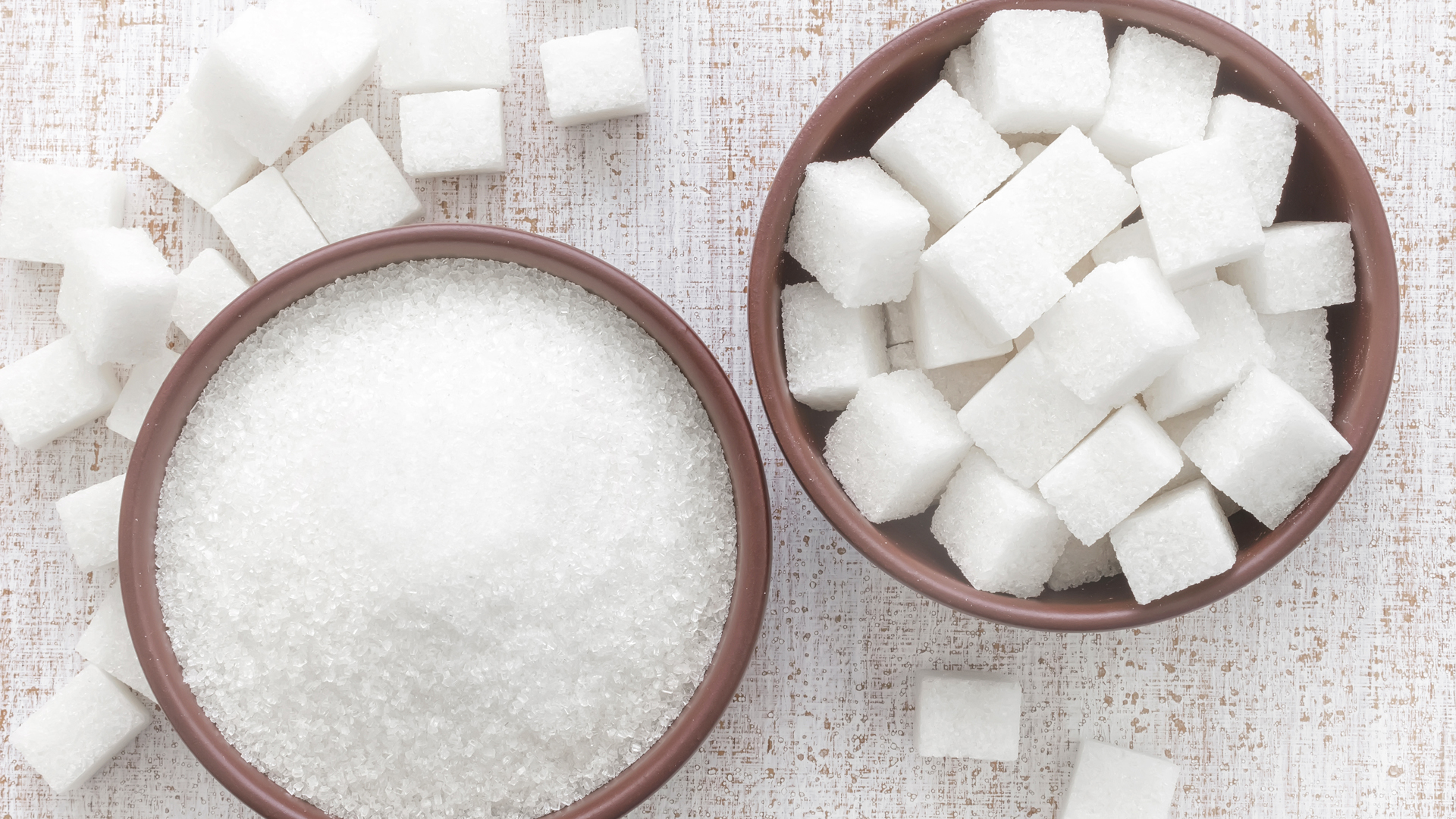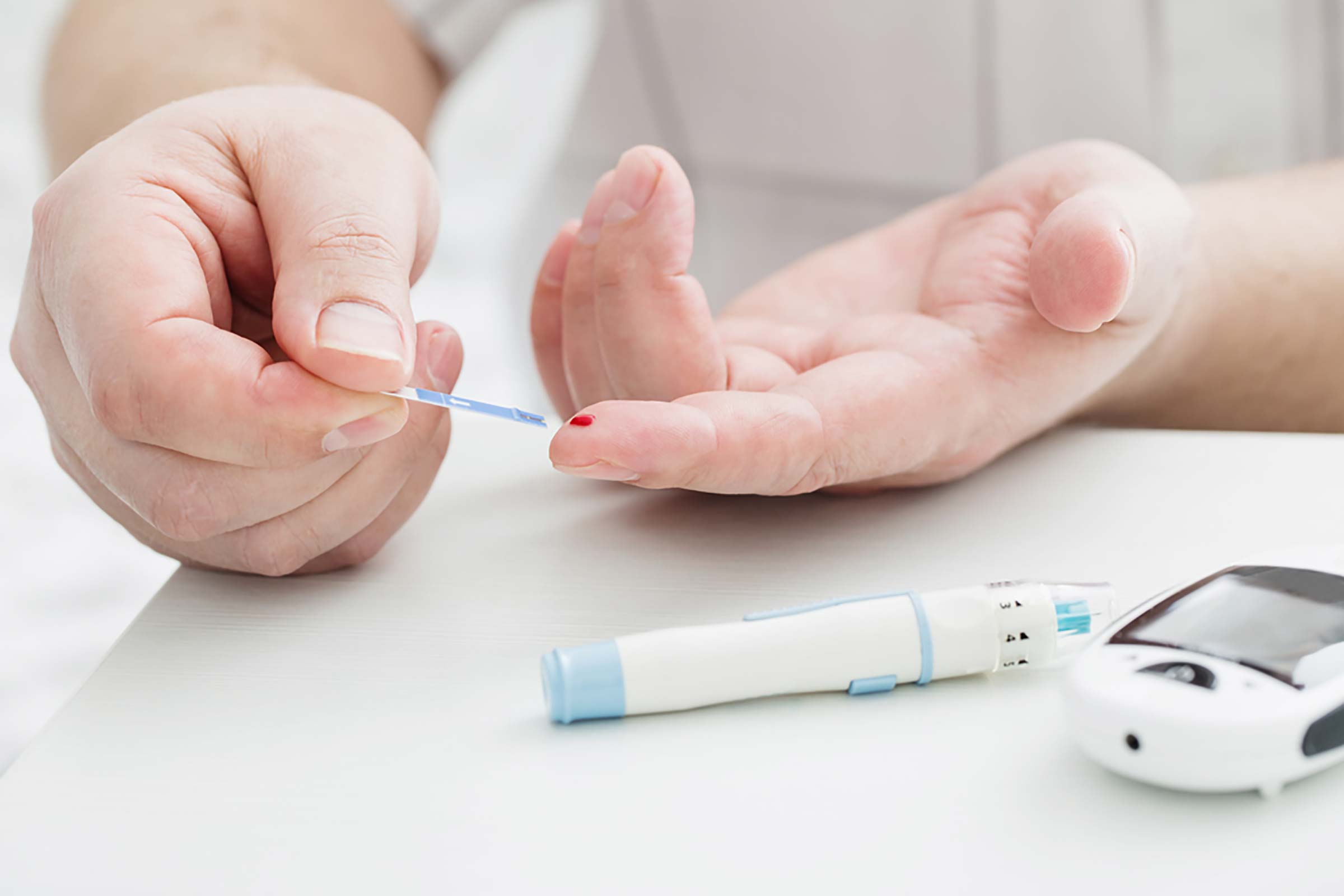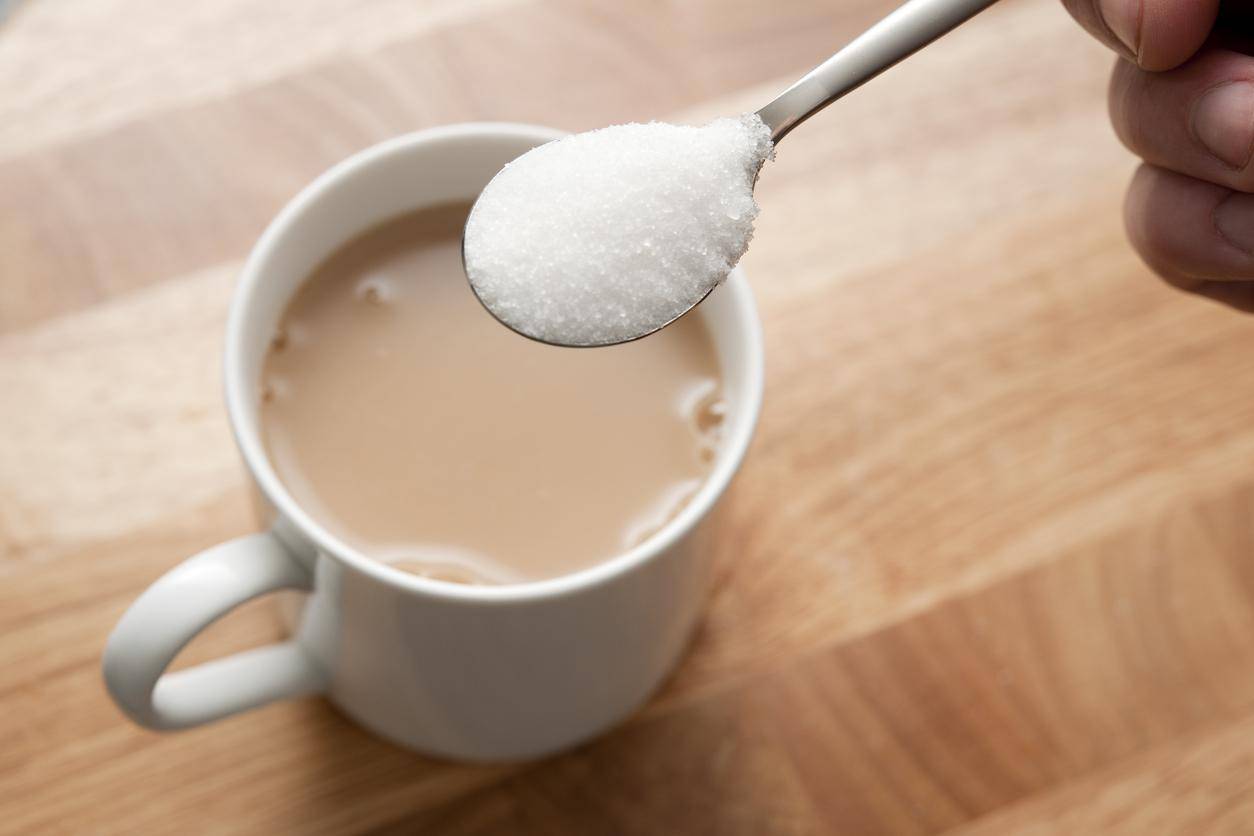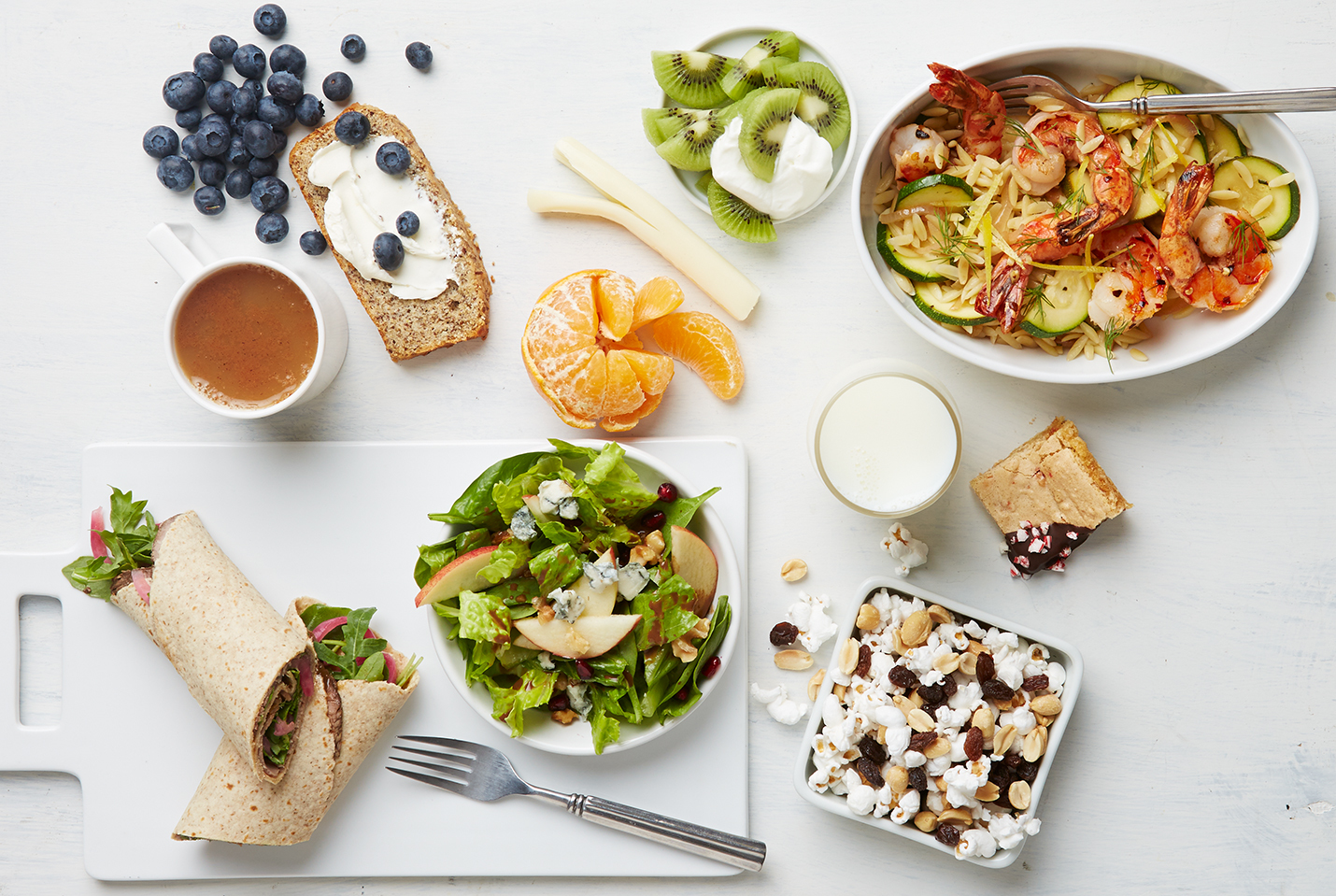Step by step implementation of a less-sweet and
sugar-free diet & prevent Diabetes Mellitus

Case Study:
Alan was diagnosed with diabetes mellitus two years ago, when a friend told him that one day he will face an amputation; another said that there are some herbs available for curing his diabetes. He was totally confused then. Fortunately, at the end, Alan chose to trust doctor and follow proper medical advice. Alan has changed his life style too. His modification started from his habit of consuming coffee on every morning, by taking less sugar initially until sugar-free currently. Alan stopped drinking alcohol and smoking altogether, and he also did his thorough medical examinations each year.
Two years later, Alan lives like other healthy people, without having any amputation of course. From time to time, Alan does share with his friends, Diabetes has become a turning point of his life. He reminded them to pay adequate attentions to their daily living habits, and not to neglect their health conditions carelessly.

White and brown sugars have same number of calories, the major difference solely boils down to the content of minerals
“Although the main reason of contracting diabetes cannot be isolated from the genetics of parents, however, everyone can do their part to prevent this chronic disease from happening. First and foremost, reducing the dependence on sugars in our daily diet. Regardless it is natural sugar or sugar substitutes, both types of sugars can make people addicting to sweetness in long run. If we can adopt less sugar or even sugar-free eating habit, then our risks of developing diabetes mellitus, will be reduced significantly in future.
However, human beings are born with liking on sweetness. In a well-known psychology test, when a new born baby is given sweet food, he will smile. In contrast, when bitter food is given instead, he will frown. Basically, it is our instincts always welcoming sweetness and disgusting bitterness. Sweetness is reminiscent of happy events, such as eating birthday cakes, while bitterness represents the opposite. Naturally, people always have the idea of associating sweets with joys.

Since the liking of sweetness is an instinct of human beings, it is necessary to accept this fact, and gradually adjusting our eating habits from less-sugar till sugar-free lifestyle ultimately.
“I prepare my desserts by using sugar cane”. I heard that brown sugar is better than white sugar” or “sugar substitute is relatively healthier than natural sugar?”
In fact, these are all the common people’s misunderstandings about sugar. Irrespective it is brown sugar, coconut sugar, sugar cane sugar, or white sugar, their calories are found equally high, at best, both sugar-cane sugar and brown sugar, containing more minerals than white sugar, and that’s the only difference.
Some people may say, “Is it feasible to choose sugar substitutes as replacement?” Yes, indeed the current sugar substitutes have been safely tested and considered safe to be used, without giving any poisoning effects, as long as we do not consume more than permissible limits. Nevertheless, it is advisable we start choosing sugar-free drinks and making our tongues to adapt to the taste of complete sugar-free diet. After all, sugar substitutes-sweetened beverage will still contain certain level of sweetness inevitably. This sweetness will form a signal in our minds, which indirectly encouraging us to have same intake of sweetness whenever we consume other meals, cakes, and so on. In short, influencing us to ingest more sugar daily.
Avoid Imbalanced Diets

Again, sugar substitutes are artificial additives. When a person’s tongue is exposed to processed sweetness for a long time, gradually he will not like the natural fructose of fruits and vegetables. As time goes by, he will eat less fruits and vegetables. This is another vicious cycle of taking sugar substitutes continuously.
For all types of beverages advertised as sugar-free or less-sweet, we suggest that everyone should understand which type of sugar-free substitutes are being used, in order to determine their level of sweetness. All this information can be clearly seen from the product label.
Thanks to greater health awareness in our society, some people say that we must completely abstain from sugar. Other groups say that it is alright we reduce our dependence on sugar on progressive manner. What is the right approach then? Certainly, it is best scenario if we can abstain from taking sugar entirely, but the question is, can we do so at the beginning?
How about doing it with perseverance? Therefore, we encourage everyone to adjust our diet habit step by step, so that bodies can gradually adapt to less sugar or even complete sugar-free diet at the end of the day. Keep in mind, it takes time to change our old-eating habits.
For example, if we take 2 teaspoons of white sugar for preparing our coffee in the past, we can start the adjustment by halving to 1 teaspoon, thereafter reduce it to half a teaspoon, until total sugar-free at the end.
As matter of fact, human body requires carbohydrates. When the body’s blood sugar is running too low, liver will convert fat into energies, which can cause symptoms such as headaches, fatigue or dizziness. In addition, if we stop eating carbohydrates, and taking more fats in our diets, we can become obese instead. Regardless of saturated fat or trans-fat, excessive fats in our bodies, can cause hardening of the blood vessels. Hence, we do not recommend overly radical dietary controls, otherwise it will back-fire and cause more harms later. From long-term viewpoint, balanced diet is always a better choice of course.
Insulin control blood sugar. Neither sweating nor drinking tea.
Some people have asked since sugar is produced by food digestion of human body, can we remove sugar from the body by drinking tea?
The answer is impossible.

First and foremost, we should understand how sugars and insulin are working in human body. Using a simple metaphor, when we eat sugary foods such as starchy foods, liver converts them into glucose. Meanwhile, pancreas produces insulin and controls glucose activity. In the absence of sufficient insulin, the excess glucose can form toxins in human blood, causing various complications such as damage to the retina or kidney disease.
The most common symptoms of diabetic complications are skin irritation, wound ulceration or sudden weight loss. As for the symptoms of diabetes, there are three typical signs – eating more, drinking more, and urinating more, however there are many diabetes patients who do not demonstrate these signs or symptoms at all. Many patients are often found and diagnosed after a long period of illness.
Apart from type 1 diabetes, of which pancreas does not secrete enough insulin due to damages caused by the body’s immune system. Type 2 diabetes is mainly attributed to unhealthy lifestyles. Eating too much amyloid food for a long period of time causes pancreas fails to produce enough insulin. It is alike a factory doing day and night jobs, and ultimately it will reduce shipments or simply strike after over-working for long time.
Some people may mistakenly think that all diabetics require insulin injections. In fact, this is just another misunderstanding. Not all diabetics need insulin injections. Some may use oral medications to “awaken” the pancreas to release insulin for burning glucose, whereas the rest of patients can control blood sugar levels by merely improving their lifestyles and daily routines.
In addition, some people would think: Every time they exercise and sweat, the body’s toxins, including sugar must have flowed out, in fact, this is another misunderstanding of diabetes. It is important to understand that the glucose is consumed when it is converted into energy via metabolism of body. It does not flow out through sweat. Exhausting sweat after exercise is equivalent to consuming 1,000 kcal.
The calories burned in one-hour exercise can be replenished with a 15-minute meal easily. To burn glucose effectively, we must take proper diet, coupled with regular exercise. Keep in mind, we should avoid any intense exercise in hot weather, be careful with the dangers of dehydration or heat stroke.
We believe many people have a false idea that if someone is found unconscious, likely it is caused by low blood sugar. Hence, it is good enough to feed him a sweet to regain consciousness. Actually, such medical event is largely caused by coronary heart disease symptoms, followed by low blood sugar or dizziness. The correct way is to put the unconscious-person in a safe environment, thereafter contact hospital and seek immediately help.





